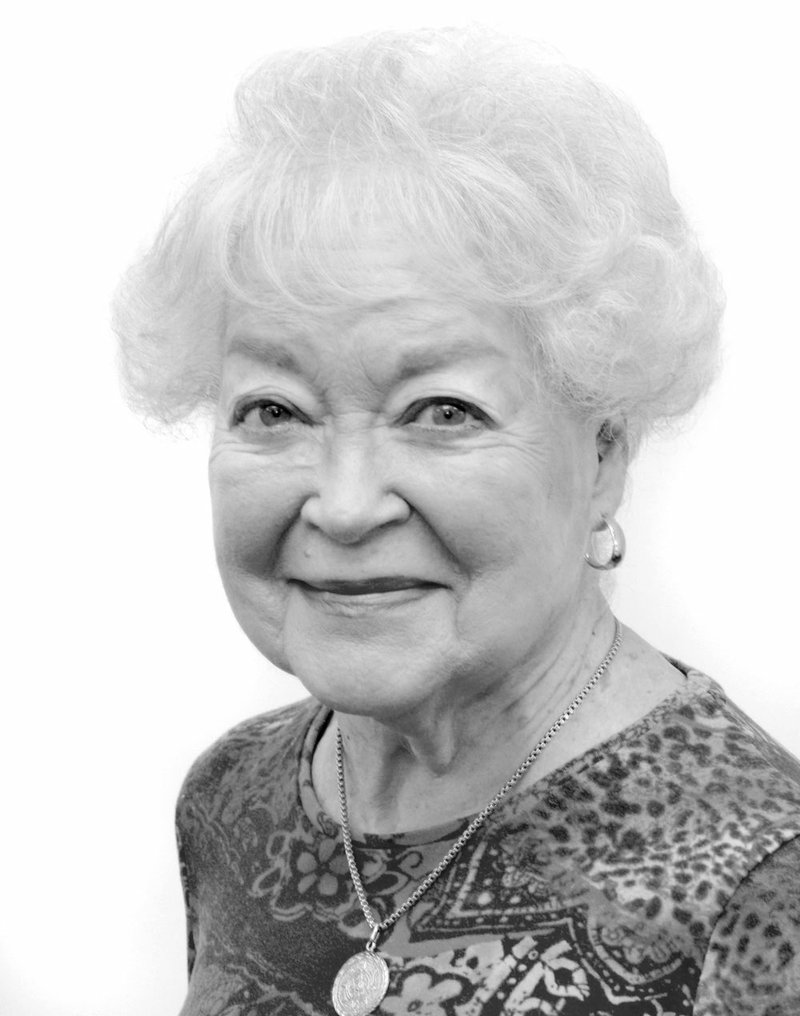Recent publicity and events celebrating the 50-year anniversary of the moon landing have created a great deal of nostalgia for me. I was one of those very closely associated with probably the most outstanding engineering feat ever achieved by man. My husband (whom I lost from a heart attack at age 47) was one of the engineers who tested the engines to make sure they would fire, before they were installed on the rockets carrying the astronauts into space.
When the Russians flew Sputnik and President Kennedy declared that within the decade we would land a man on the moon, America had no space program -- none whatsoever. The only "asset" we had was the German engineer Wernher Von Braun, whom American troops had rescued as the Allies were closing in on Hitler, fortunately, saving him from the Russians. Von Braun, who had a brilliant mind, was part of the German program developing the V-2 rocket, which could have rained total devastation down on Europe and England had the war not ended when it did.
In America, Von Braun was first instrumental in developing the ICBM missile program, on which my husband was also an engineer, installing long range missiles in underground silos around the country, ready to be launched should the Russians launch an attack on the United States. It was the "Cold War," and those were anxious times. For many years SAC, the Strategic Air Command arm of the U.S. Air Force, kept a squadron of B-52 bombers airborne at all times, fully loaded and ready to head to Russia.
During our time in Roswell, N.M., on the missile program, my husband worked at Walker Air Force Base in the missile assembly building. He called me one day, and all he said was to have the car packed and be ready to leave if he had to call me back. He sounded so serious that I just asked where we were going, and he replied he guessed we'd go to Arkansas. It was the Cuban missile crisis; however, President Kennedy sent American warships to stand in a blockade around Cuba, and the Russian transports with their missiles had to turn around and head back to Russia.
With the space program, we were not in Houston or at Cape Canaveral, Fla. We lived in Slidell, La., across Lake Pontchartrain from New Orleans. NASA built a test facility just over in Mississippi in the edge of a swamp -- they needed a buffer zone due to the noise and for security. Water from the Pearl River was diverted to run under the stands to take the fire from the engines.
There were two test stands where the engines were tied down and fired, both the first stage liftoff engines and the second stage, which fired after launch to break gravity and send the astronauts on their mission into outer space. They always did the tests at night, and even though we lived about eight miles from the site, I could hear the engines roar when they fired.
There are still cranks who contend the moon landing was staged and didn't actually happen; and at the time, there were those critics who thought it was of no real value and wasteful government spending. However, in addition to the economic benefits, and the national unity and pride such an achievement generated, the advances in science and technology beneficial to human life sponsored by NASA for the space program and continued since are almost endless.
Here are only a few examples: Small life sustaining heart pumps implanted in those waiting for a heart transplant, infrared ear thermometers, artificial limbs, anti-icing systems, fire resistant coating, lightweight firefighter gear, solar energy power cells, Dustbuster cordless vacuums, freeze-dried food, and many, many more.
We can still view with amazement scenes from deep space through the power of the Hubble telescope and the little Voyager 2 space probe, which was launched 42 years ago, is now in deep space billions of miles from earth, but still transmitting images of the universe -- which at the speed of light, 186,282 miles per second, take many hours to reach the Milky Way Galaxy and this little blue planet on which we travel through the incomprehensible vastness and grandeur of the universe.
-- Barbara Foreman is a citizen of Siloam Springs. The opinions expressed are those of the author.
Editorial on 07/24/2019

